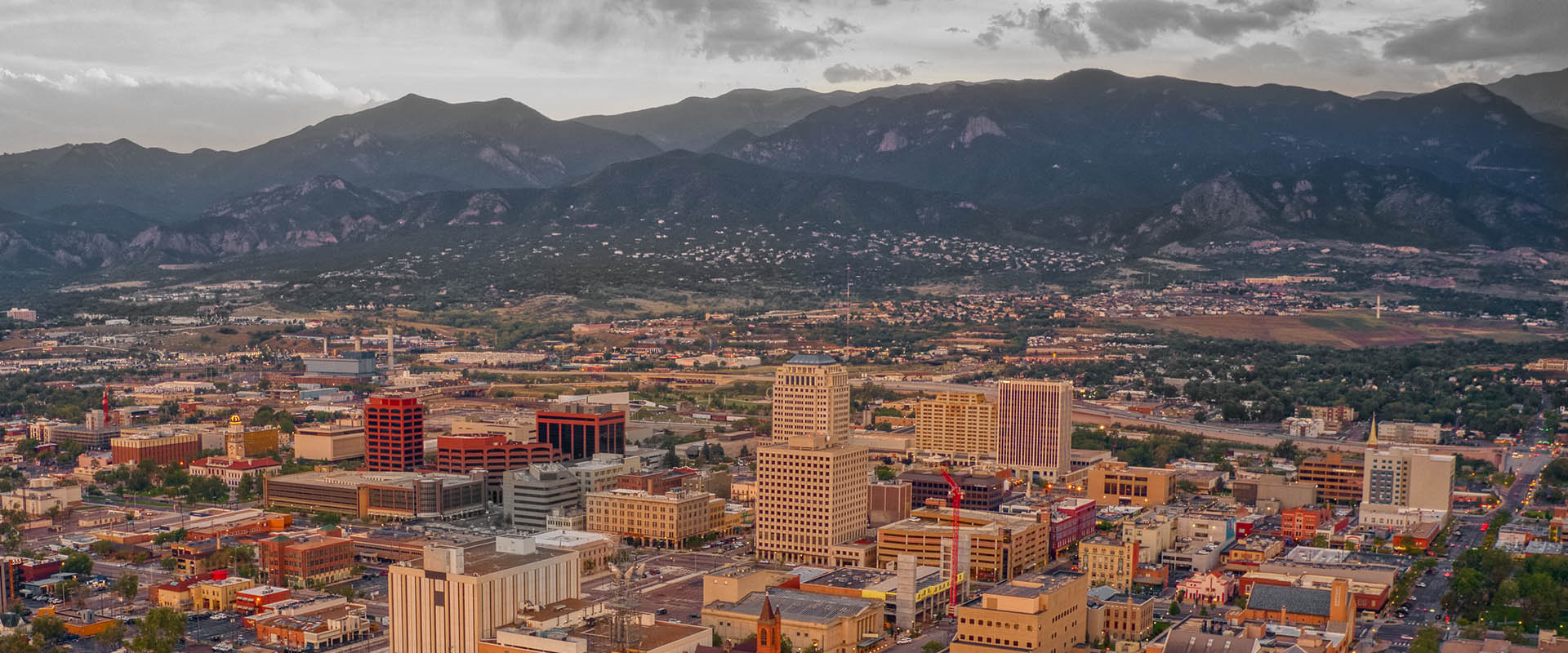When faced with the aftermath of a bike accident, the journey to understanding your legal rights can feel overwhelming. Whether you are dealing with medical bills, lost wages, or the emotional toll of an accident, it is natural to feel uncertain and anxious about the next steps. If you are looking for guidance during this challenging time, you are in the right place. You do not have to navigate this alone. Our firm understands the weight of your concerns and is here to offer compassionate and knowledgeable assistance as you seek justice and fair compensation.


With You Every Step of the Journey
When you need legal help, Mark Hanchey and Ben Peterson are here to guide you through it all. One step at a time. Reach out today for legal support. Get The Law Firm of Mark S. Hanchey and Ben Peterson fighting for you
Free Consultation Download PDFUnderstanding the Importance of Legal Representation After a Bike Accident
A bike accident can have significant consequences on your health, finances, and future. In Colorado, cyclists have rights on the road, and when those rights are violated by negligent drivers or hazardous conditions, victims deserve justice. A qualified attorney can help you build a strong case, but selecting the right legal advocate requires careful consideration. From investigating the circumstances of your accident to negotiating with insurance companies, the right attorney can make all the difference in achieving a successful outcome.
Identifying Key Qualities in a Bike Accident Attorney
Choosing an attorney for your bike accident case is a decision that requires trust and confidence. Your legal representative should have a deep understanding of Colorado’s laws surrounding bike accidents, including liability, insurance requirements, and the nuances of personal injury claims. Look for an attorney who listens to your story, communicates clearly, and demonstrates dedication to protecting your interests. It is important that your attorney takes the time to explain the legal process and keeps you informed every step of the way.
Another essential quality to consider is the attorney’s experience in handling cases like yours. While no two bike accident cases are the same, an attorney who regularly works with injured cyclists will be better equipped to navigate the challenges unique to your situation. Whether you are dealing with disputed liability or complicated insurance negotiations, your attorney should provide a strategic approach tailored to your needs.
Why Local Knowledge Matters in Colorado Bike Accident Cases
Colorado is known for its scenic biking routes and active cycling community, but the state also presents unique challenges for cyclists. Understanding local traffic laws, roadway conditions, and common accident scenarios is critical for building a strong case. A Colorado-based bike accident attorney will be familiar with the state’s legal landscape, including laws that protect cyclists and how courts typically handle these types of claims.
Additionally, local attorneys often have established relationships with medical professionals, accident reconstruction experts, and other resources that can support your case. This network can play a crucial role in gathering evidence and presenting a compelling argument on your behalf.
How the Right Attorney Can Help Maximize Your Compensation
After a bike accident, the financial impact can be significant. You may face mounting medical bills, ongoing rehabilitation costs, lost income, and other expenses related to your recovery. An attorney who understands the full scope of your damages can help ensure that you are fairly compensated for both your economic and non-economic losses.
Beyond calculating the value of your claim, a skilled attorney will handle the negotiation process with insurance companies. Insurers often try to minimize payouts by questioning the severity of injuries or disputing liability. Your attorney will advocate for your rights, presenting evidence that demonstrates the extent of your injuries and holding the responsible parties accountable.
In some cases, settlement negotiations may not lead to a satisfactory resolution. If this happens, your attorney should be prepared to take your case to court. Having a legal representative with litigation experience ensures that you are well-prepared for every stage of the legal process.
Recognizing Red Flags When Choosing an Attorney
As you evaluate potential attorneys for your bike accident case, it is important to be mindful of warning signs. Be cautious of attorneys who make unrealistic promises or guarantee specific outcomes. While confidence in their abilities is important, no attorney can predict the exact outcome of a case.
Additionally, pay attention to how the attorney communicates with you during your initial consultation. If they seem dismissive of your concerns, fail to provide clear answers, or do not take the time to explain their approach, this may indicate a lack of commitment to your case. Your attorney should make you feel heard and respected throughout the process.
The Importance of Client Reviews and Testimonials
One way to gain insight into an attorney’s track record is by reading reviews and testimonials from past clients. These firsthand accounts can provide valuable information about the attorney’s communication style, professionalism, and ability to achieve positive outcomes. While no attorney can guarantee the same results for every client, consistent praise from previous clients is a strong indicator of their dedication and effectiveness.
How to Prepare for Your Initial Consultation
Once you have identified potential attorneys, scheduling an initial consultation is an important next step. This meeting is your opportunity to discuss the details of your case and ask questions about the attorney’s approach. Be prepared to provide information about the accident, including when and where it occurred, the injuries you sustained, and any communication you have had with insurance companies.
During the consultation, ask about the attorney’s experience with bike accident cases, their strategy for handling your claim, and their availability to take on your case. A clear and open conversation can help you determine whether the attorney is the right fit for your needs.
The Role of Evidence in Strengthening Your Case
A crucial part of any bike accident case is gathering and presenting evidence that supports your claim. An experienced attorney will assist in collecting police reports, medical records, witness statements, and photographs of the accident scene. They may also work with accident reconstruction professionals to recreate the events leading up to the collision. This detailed evidence can help establish liability and demonstrate the impact the accident has had on your life. With a thorough and strategic approach to evidence, your attorney can build a strong foundation for your case, whether it is resolved through negotiation or in court.
Understanding Colorado’s Comparative Negligence Laws
In Colorado, bike accident claims are subject to comparative negligence laws. This means that if you are found partially at fault for the accident, your compensation may be reduced by your percentage of fault. For example, if you are deemed 20 percent at fault, your compensation would be reduced by that amount. An attorney with a strong understanding of these laws will work to minimize your liability and protect your right to fair compensation. They will carefully analyze the details of your case to challenge any attempts to unfairly assign blame to you.
Making Your Decision With Confidence
Choosing the right attorney for your bike accident case is a decision that can impact the outcome of your claim and your overall experience during this challenging time. By taking the time to research your options and consider the qualities that matter most to you, you can feel confident in your choice.
At the Law Firm of Mark S. Hanchey, we are committed to providing personalized and compassionate representation for cyclists who have been injured in accidents. We understand the difficulties you are facing and are here to guide you every step of the way. Contact us today to discuss your case and take the first step toward achieving the justice and compensation you deserve.


